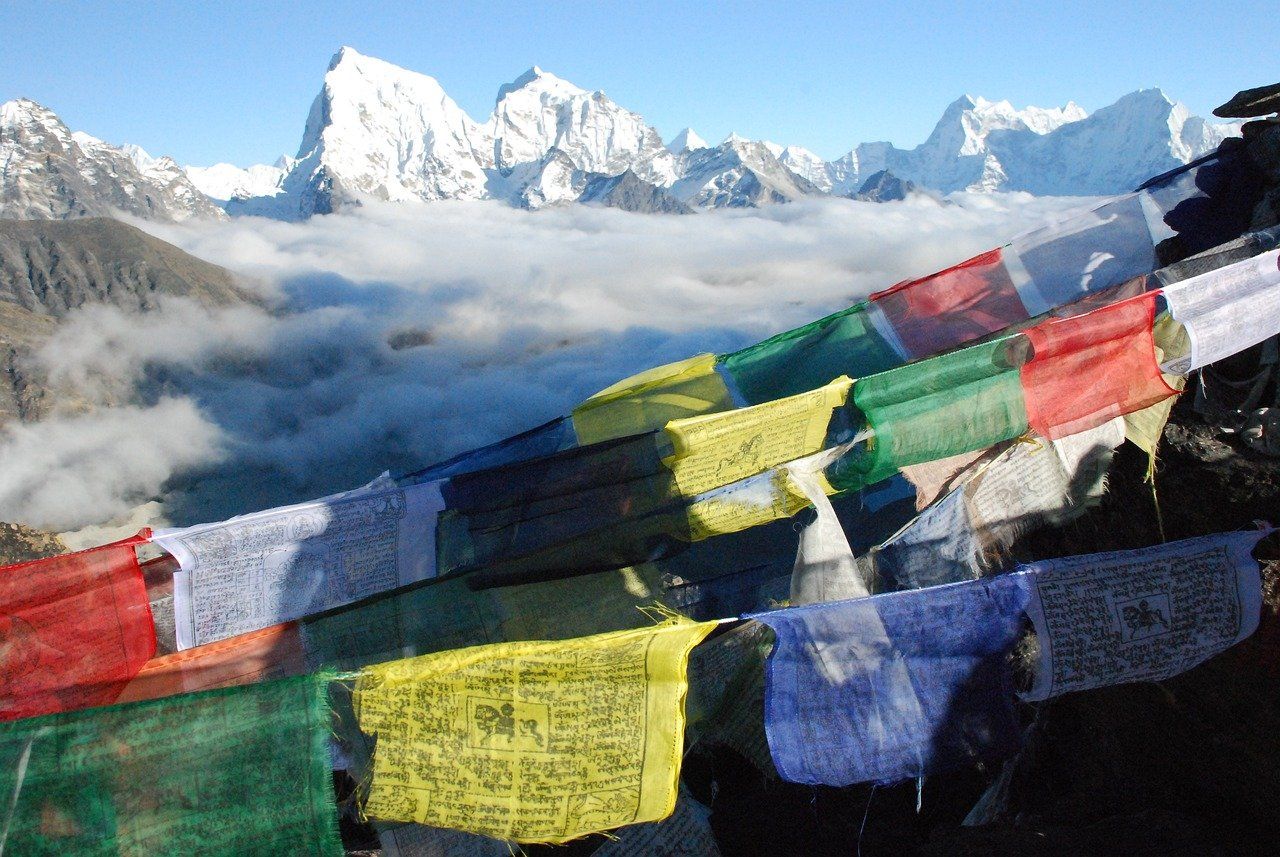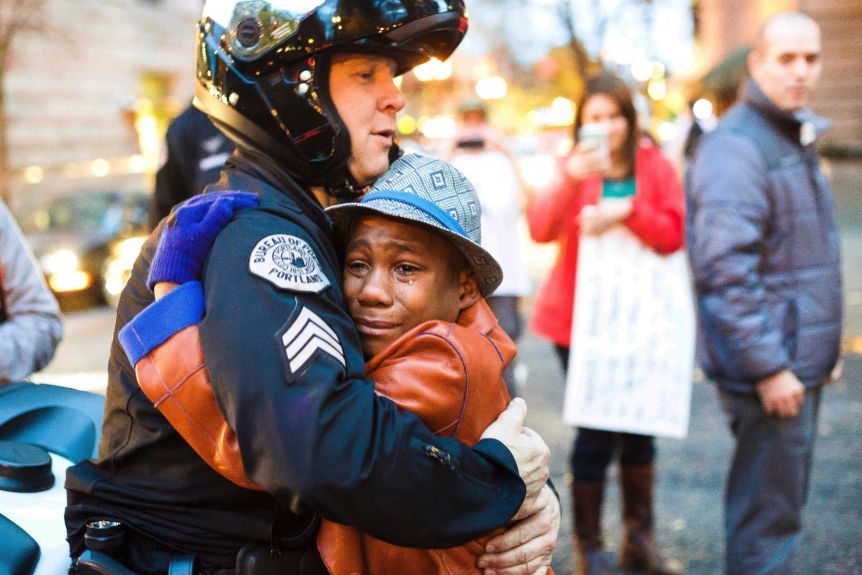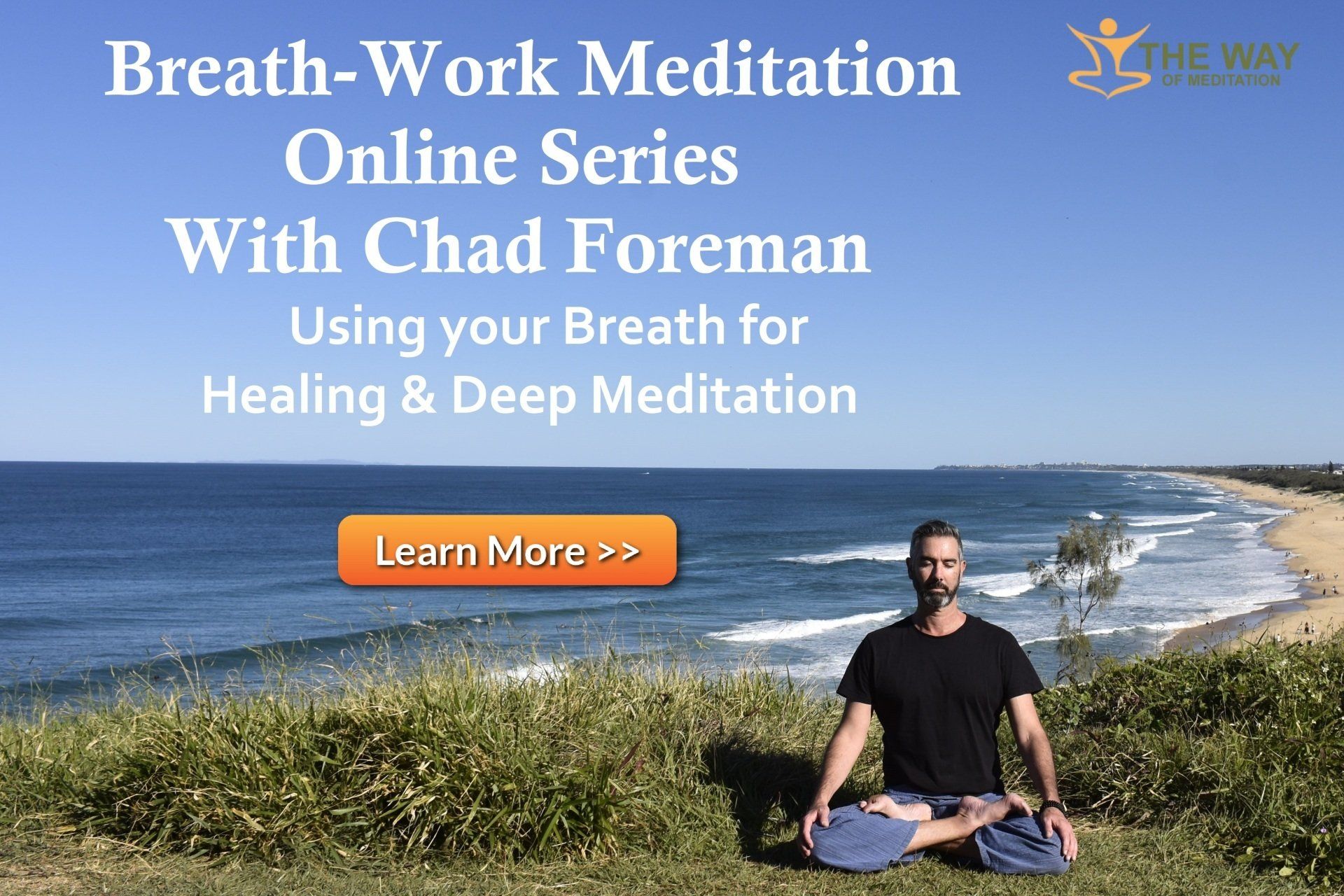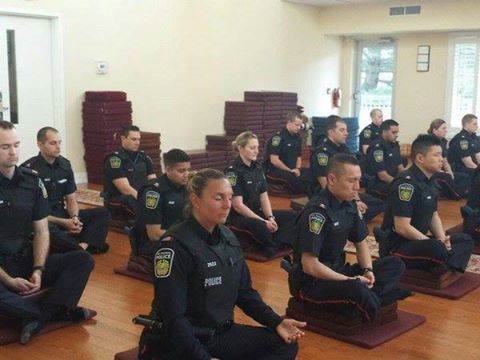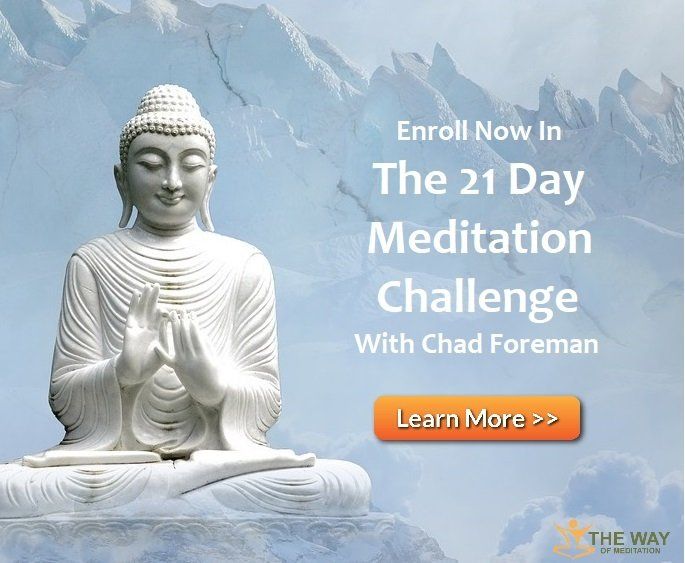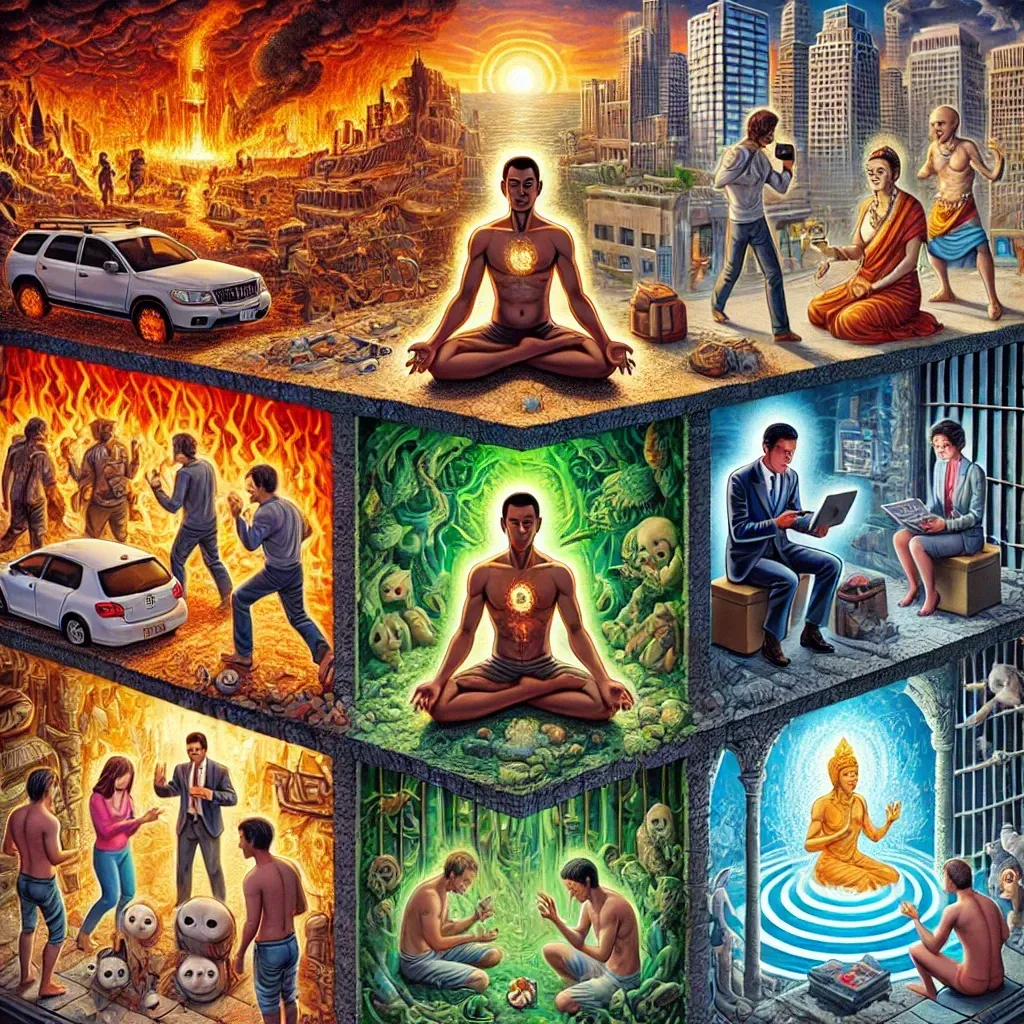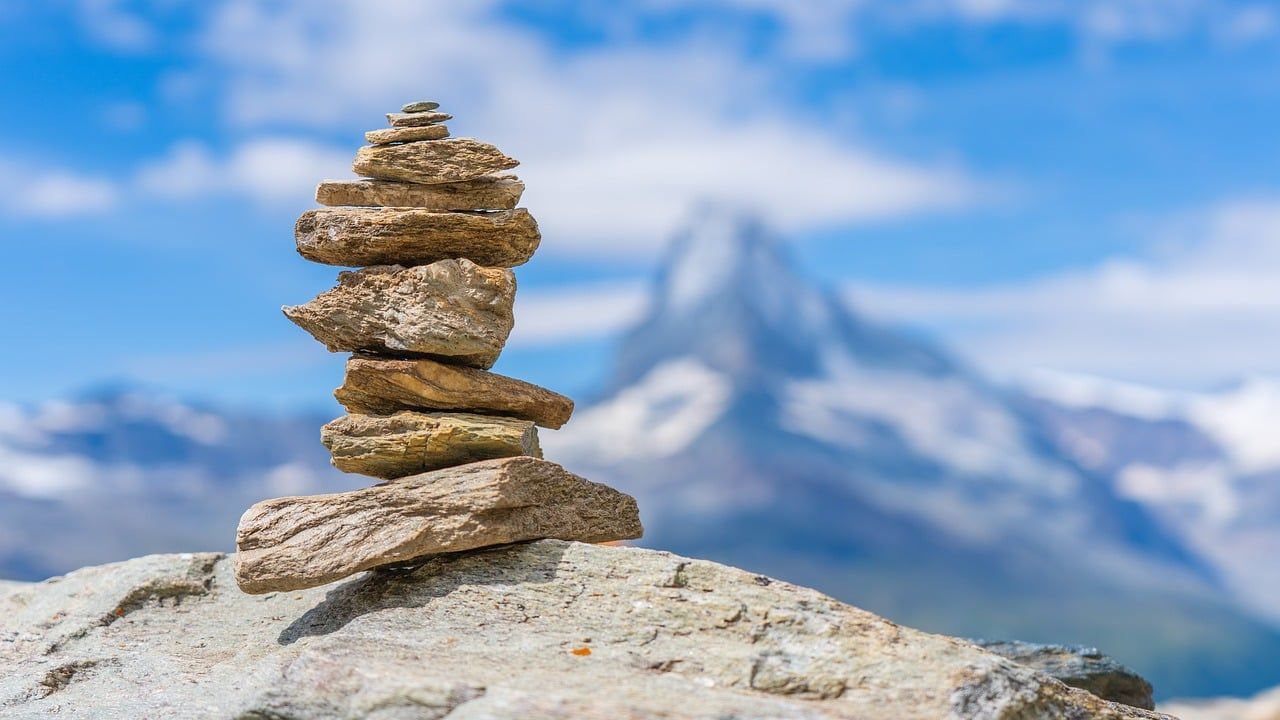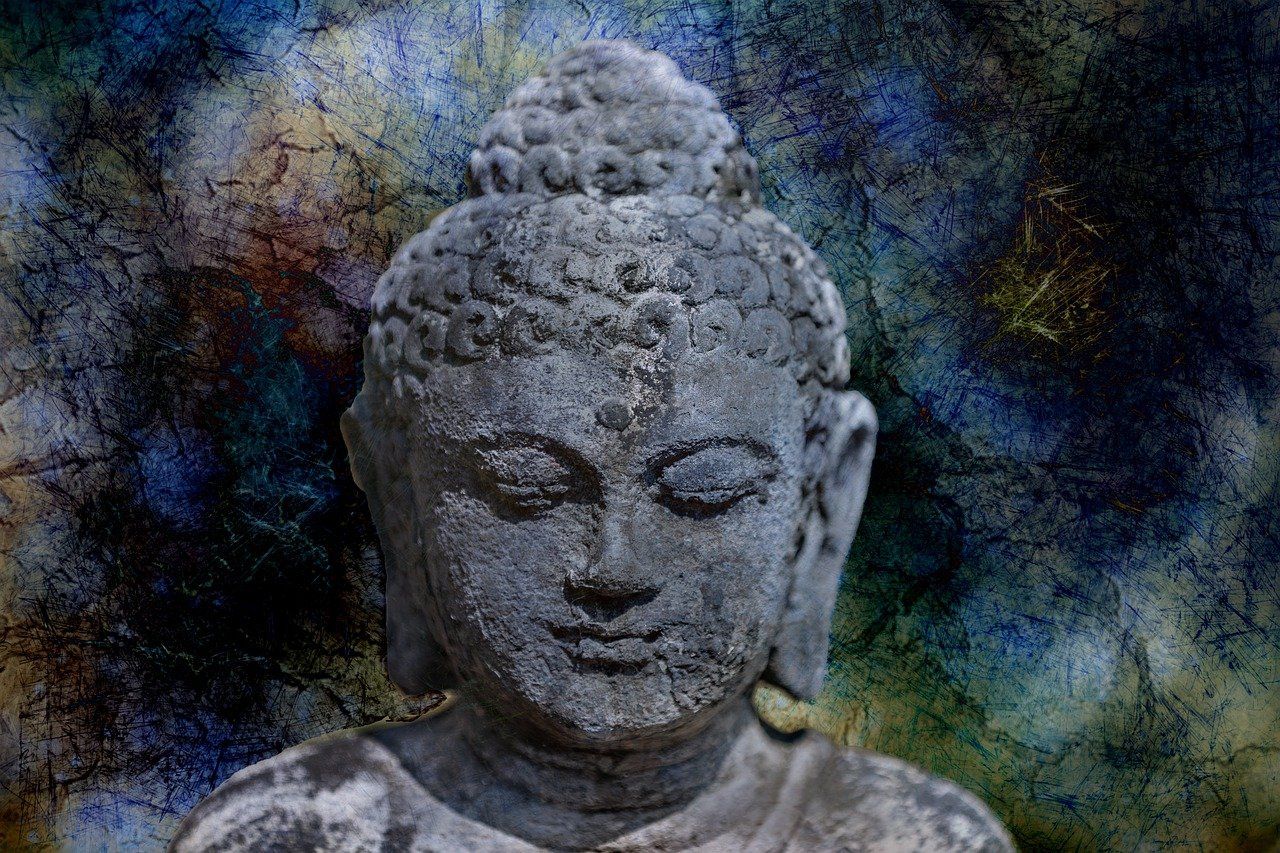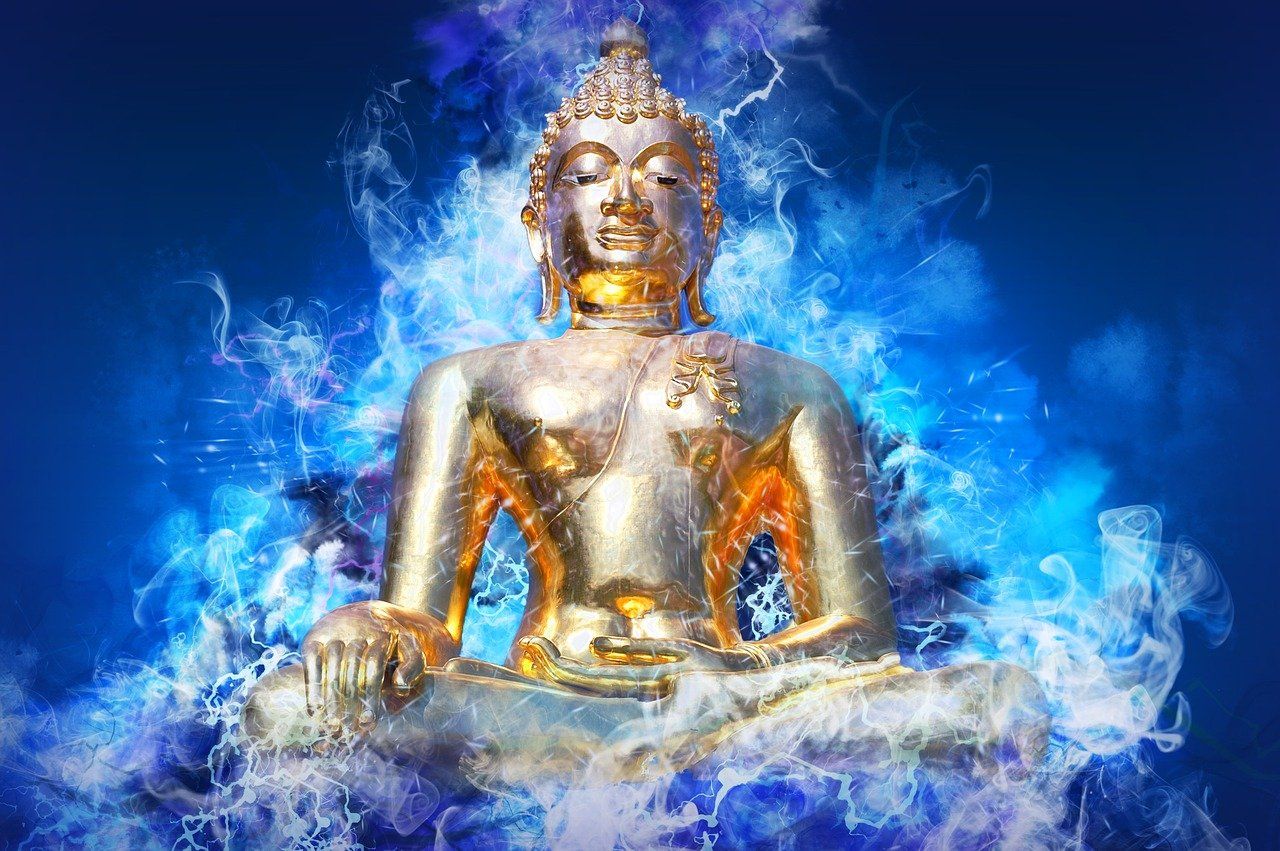The Way of Meditation Blog
Bringing Ancient Wisdom Into The Modern World
How Buddhist Meditation Can Help The Police Force
September 29, 2015
A Cop Meets Buddhist Zen Master Thich Nhat Hanh
I became serious about developing a consistent Buddhist mindfulness practice when I attended my first retreat with Thich Nhat Hanh (known affectionately as “Thay”), in 1991, seven years into my twenty-year police career.
I had quite a chip on my shoulder, then, built on the anger formed by my experiences, including those as a police officer. At the retreat, I had extreme doubts that Thay’s teachings could be incorporated into the life and work of a cop. And I was sure that if anyone at the retreat found out I was a cop, I would be judged.
Thay convinced me that part of the skill set of a police officer was the ability to employ both the gentle compassion of understanding and the fierce compassion of setting boundaries to protect others, including using force to intervene if people were physically harming one another. For a police officer, wisdom is being able to discern when gentle compassion is called for and when fierce compassion is called for.
I had quite a chip on my shoulder, then, built on the anger formed by my experiences, including those as a police officer. At the retreat, I had extreme doubts that Thay’s teachings could be incorporated into the life and work of a cop. And I was sure that if anyone at the retreat found out I was a cop, I would be judged.
Thay convinced me that part of the skill set of a police officer was the ability to employ both the gentle compassion of understanding and the fierce compassion of setting boundaries to protect others, including using force to intervene if people were physically harming one another. For a police officer, wisdom is being able to discern when gentle compassion is called for and when fierce compassion is called for.
Thay directed me to focus on my intention. I found it was possible to start any call or street interaction with a commitment to non-aggression and preventing harm.
I know it is possible to aspire to be kind and compassionate as a police officer, and that, that way, the job is safer and more fulfilling. Back at work after my first retreat, I couldn’t understand why everybody seemed to have gotten kinder in my absence — including the people I was arresting.
It pains me to see the unnecessary use of force, especially deadly force, and racism that is taking place in the police profession across this country. The good news is that the extent of it is finally being uncovered and hopefully will no longer be tolerated.
This crisis in policing has to do with unnecessary use of force, racial profiling, militarization of police departments, lack of trust between communities and police departments, lack of strategies to address trauma and emotional health of police officers, unconscious and unspoken organizational agreements in police culture, and a lack of informal safety nets for people across the country.
It’s often hard for us to recognize that our hearts may have stopped quivering in response to the suffering of others.
In our police departments, we hear loud internal cries that we are losing the “war.” In the ‘80s and ‘90s, it was the War on Drugs. Since 9/11, it’s been the War on Terrorism. The problem is that we are not at war. We are protecting and serving our neighbours and fellow citizens. (Of course, police officers often see people at their worst. People generally don’t call us when things are going well. When is the last time you were happy to see one of us in your rear-view mirror or at your house?)
Many of the tragedies now being uncovered in policing are the result of the fact that as police officers we simply cannot see what is actually in front of us — a suffering human being in need of help.
Without the tools of mindful awareness, cynicism and an armoured heart are almost an unavoidable effect of a police officer’s job. It’s often hard for us to recognize, admit, or remember that our hearts may have stopped quivering in response to the suffering of others.
I know it is possible to aspire to be kind and compassionate as a police officer, and that, that way, the job is safer and more fulfilling. Back at work after my first retreat, I couldn’t understand why everybody seemed to have gotten kinder in my absence — including the people I was arresting.
The Crisis In Policing Today
This crisis in policing has to do with unnecessary use of force, racial profiling, militarization of police departments, lack of trust between communities and police departments, lack of strategies to address trauma and emotional health of police officers, unconscious and unspoken organizational agreements in police culture, and a lack of informal safety nets for people across the country.
It’s often hard for us to recognize that our hearts may have stopped quivering in response to the suffering of others.
In our police departments, we hear loud internal cries that we are losing the “war.” In the ‘80s and ‘90s, it was the War on Drugs. Since 9/11, it’s been the War on Terrorism. The problem is that we are not at war. We are protecting and serving our neighbours and fellow citizens. (Of course, police officers often see people at their worst. People generally don’t call us when things are going well. When is the last time you were happy to see one of us in your rear-view mirror or at your house?)
Many of the tragedies now being uncovered in policing are the result of the fact that as police officers we simply cannot see what is actually in front of us — a suffering human being in need of help.
Without the tools of mindful awareness, cynicism and an armoured heart are almost an unavoidable effect of a police officer’s job. It’s often hard for us to recognize, admit, or remember that our hearts may have stopped quivering in response to the suffering of others.
What Buddhist Meditation Offers Police Officers
It was Thay who put this question to rest for me. First, he asked me,
“Who else would we want to carry a gun besides somebody who will do it mindfully?”
Then he said that carrying a gun can be an act of love if done with understanding and compassion.
Once I was able to view my work through the lens of kindness and compassion, I rarely regretted any action that I took. I am convinced that when a police officer starts with a commitment to non-aggression and preventing harm, the gun and badge become symbols of skilful means, rather than symbols of authority and power.
How the community can help
If we want compassionate police forces, communities must get intimately involved with their police departments. Communities need to organize and call for changes in the leadership, hiring, use of force policies, and training practices of their local police departments. And they need to do so with awareness, right speech, understanding of a police officer’s job, and compassion.
It’s also important to remember that police officers need support in seeing with eyes of compassion. Without our encouragement, a police officer’s initial yearning to alleviate suffering will become dormant.
The compassion that enables us to be with the families of the victims in these tragedies comes relatively easily to most of us. The compassion required to be with the officer and the family of the officer who pulled the trigger is much more challenging.
Cornel West has said, “Justice is what love looks like in public.” We can only work for justice from a deep understanding of our interdependence with and our caring for each other.
As part of my Buddhist teacher ordination ceremony in 2008, Thay and I exchanged gathas , or practice poems. I composed one for him and he composed one for me. Because of his tremendous influence on me as a police officer, I composed the following poem for him:
Written by Cherri Maples co-founder of the Mindfulness & Justice Center
It’s also important to remember that police officers need support in seeing with eyes of compassion. Without our encouragement, a police officer’s initial yearning to alleviate suffering will become dormant.
The compassion that enables us to be with the families of the victims in these tragedies comes relatively easily to most of us. The compassion required to be with the officer and the family of the officer who pulled the trigger is much more challenging.
Cornel West has said, “Justice is what love looks like in public.” We can only work for justice from a deep understanding of our interdependence with and our caring for each other.
Mindfulness Meditation for Peace & Justice
Breathing in, I know that mindfulness is the path to peace.
Breathing out, I know that peace is the path to mindfulness.
Breathing in, I know that peace is the path to justice.
Breathing out, I know that justice is the path to peace.
Breathing in, I know my duty is to provide safety & protection to all beings.
Breathing out, I am humbled and honored by my duty as a peace officer.
Breathing in, I choose mindfulness as my armor & compassion as my weapon.
Breathing out, I aspire to bring love and understanding to all I serve.
Breathing out, I know that peace is the path to mindfulness.
Breathing in, I know that peace is the path to justice.
Breathing out, I know that justice is the path to peace.
Breathing in, I know my duty is to provide safety & protection to all beings.
Breathing out, I am humbled and honored by my duty as a peace officer.
Breathing in, I choose mindfulness as my armor & compassion as my weapon.
Breathing out, I aspire to bring love and understanding to all I serve.
Written by Cherri Maples co-founder of the Mindfulness & Justice Center
Get A FREE
Guided Meditation Series
with Chad Foreman
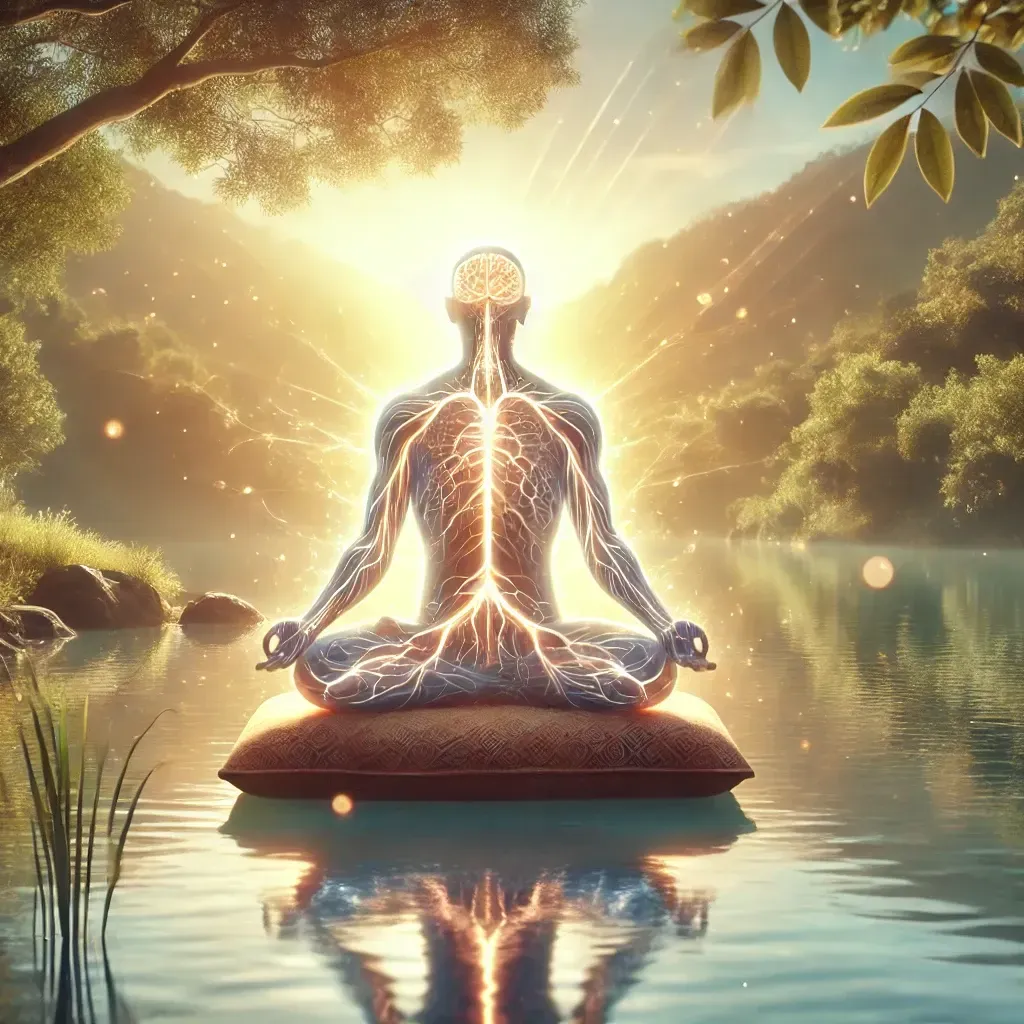
In today’s fast-paced world, the mind often races, driven by the demands of work, family, and personal ambitions. Meditation is commonly seen as a practice to calm the mind, foster inner peace, and connect with deeper aspects of existence. Yet, one crucial element often overlooked is the state of the body, particularly the nervous system. Relaxing the nervous system isn’t just a preparatory step; it is foundational for unlocking the deeper states of awareness and tranquility that meditation promises. Drawing insights from my journey and teachings, we will explore why this is so vital and how it transforms the meditative experience.



